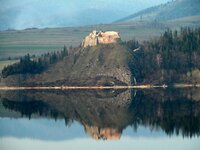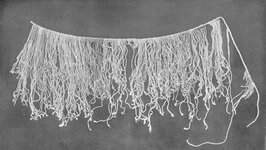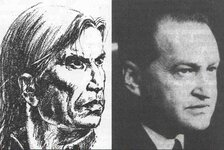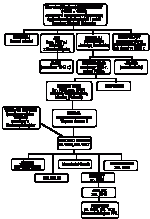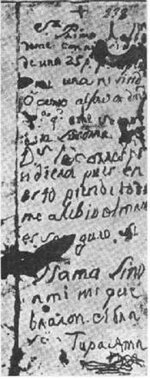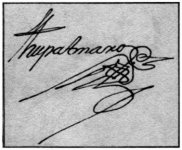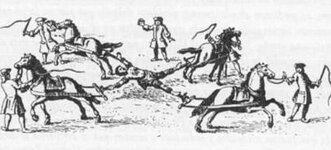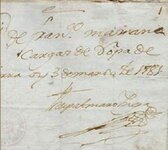cactusjumper
Gold Member
For a writing system to take hold, you must first have something to write on. Egyptians used papyrus for their paper, and sheepskin was also used in ancient times. So lets ask, did the Incas have anything to write on other than rocks and in the dirt? If not, how could writing have served the general population, or even elite groups, if there was nothing to carry the written language around on, or to transport messages across time and space? String might have been used to record numerical information simply because there was nothing else widely available to use. Anyone can twist some fibers into a string on which knots can be tied, but not everyone has the raw material or skill to make paper or parchment. And in very wet environments, you can't really use clay tablets with ease.
Uncle Matt,
The ancients also wrote on other animal skin's and bark that was covered with wax. Pictographs were a form of writing.
Take care,
Joe




